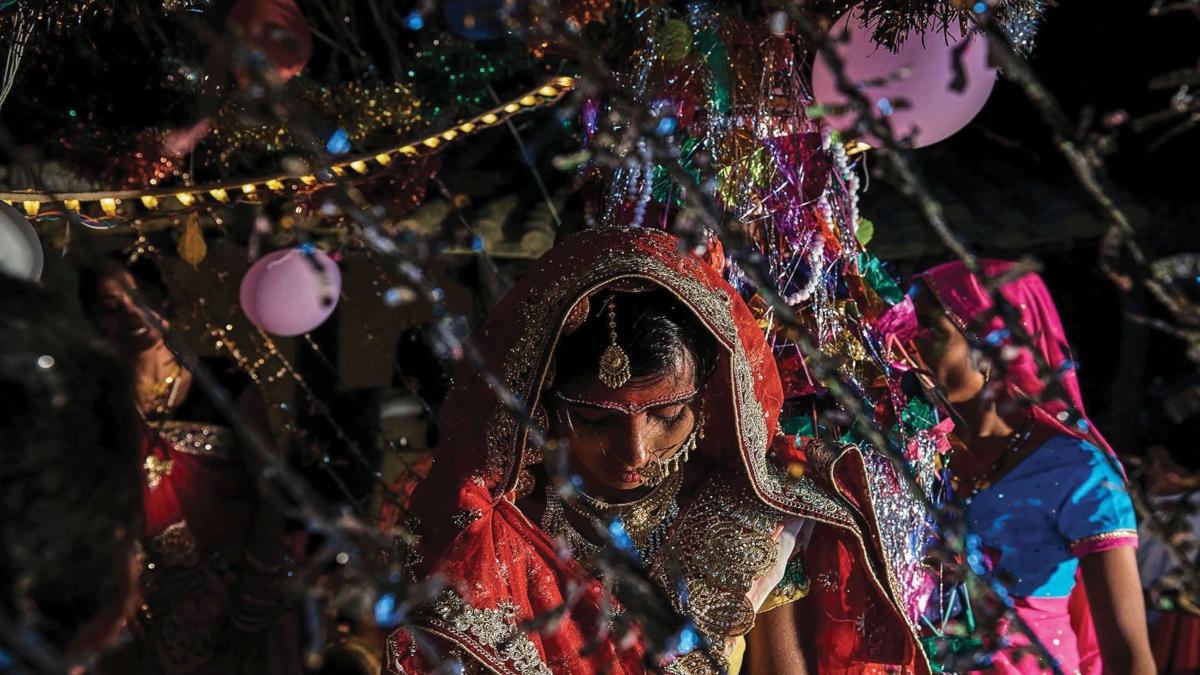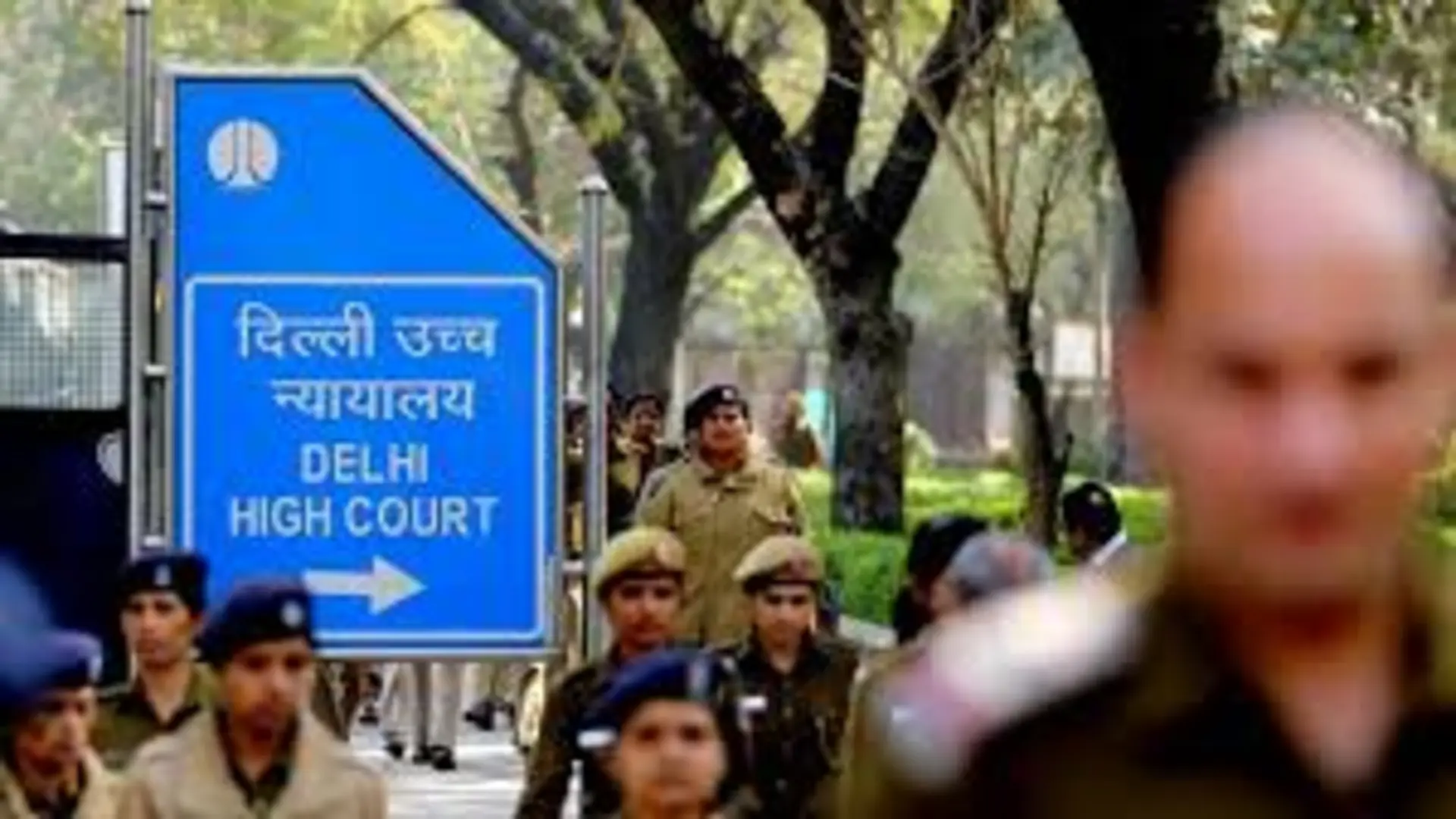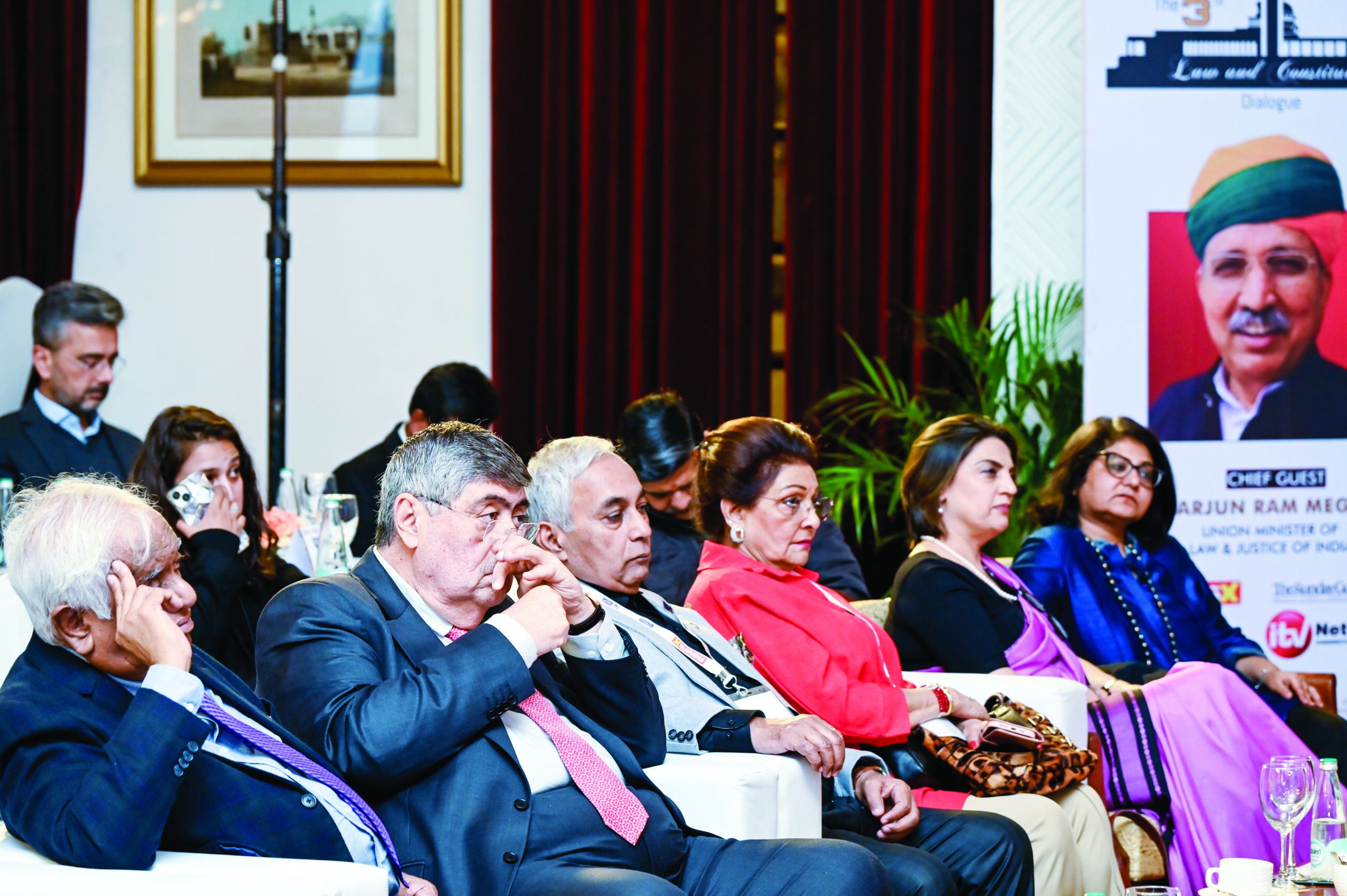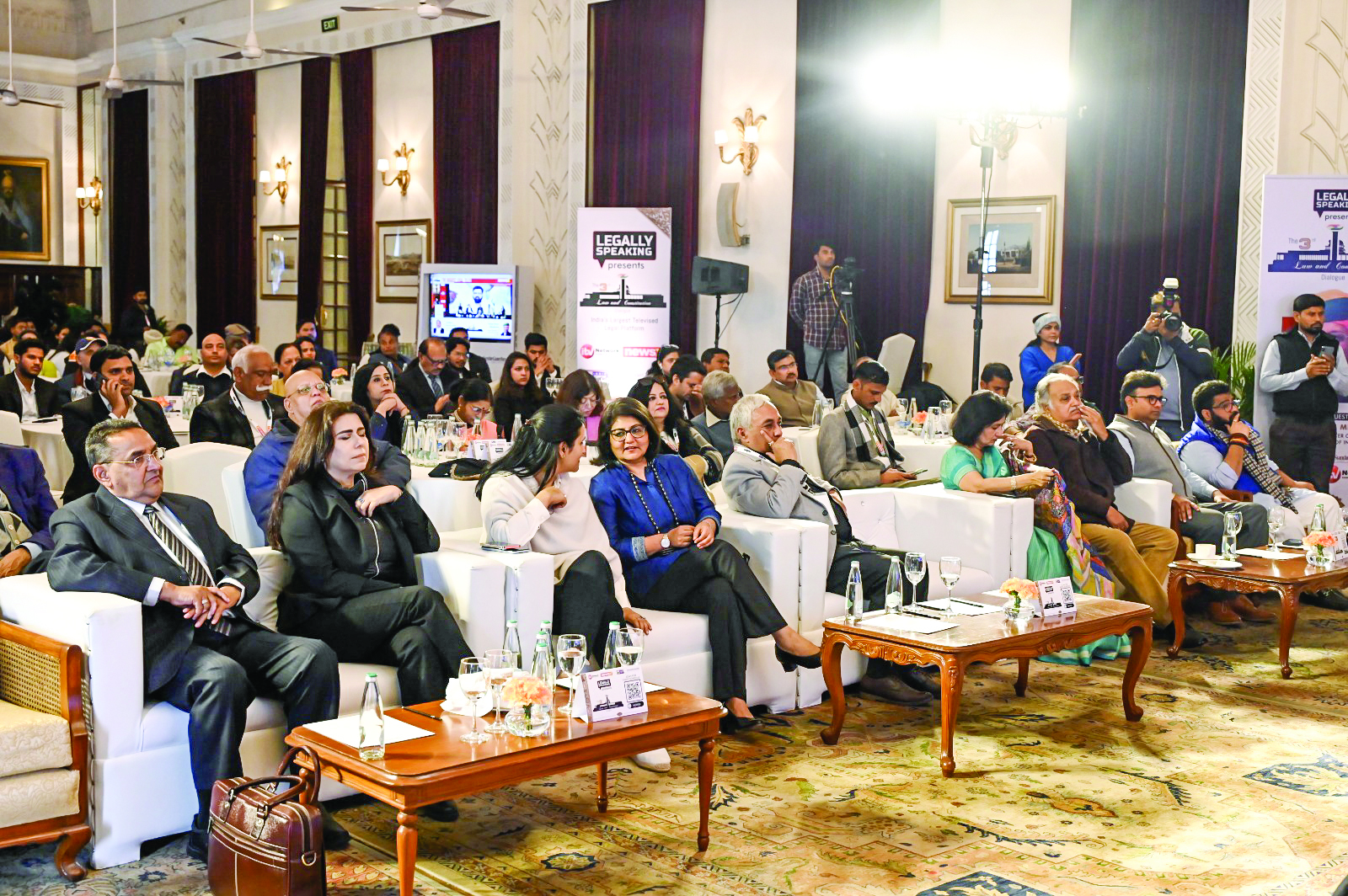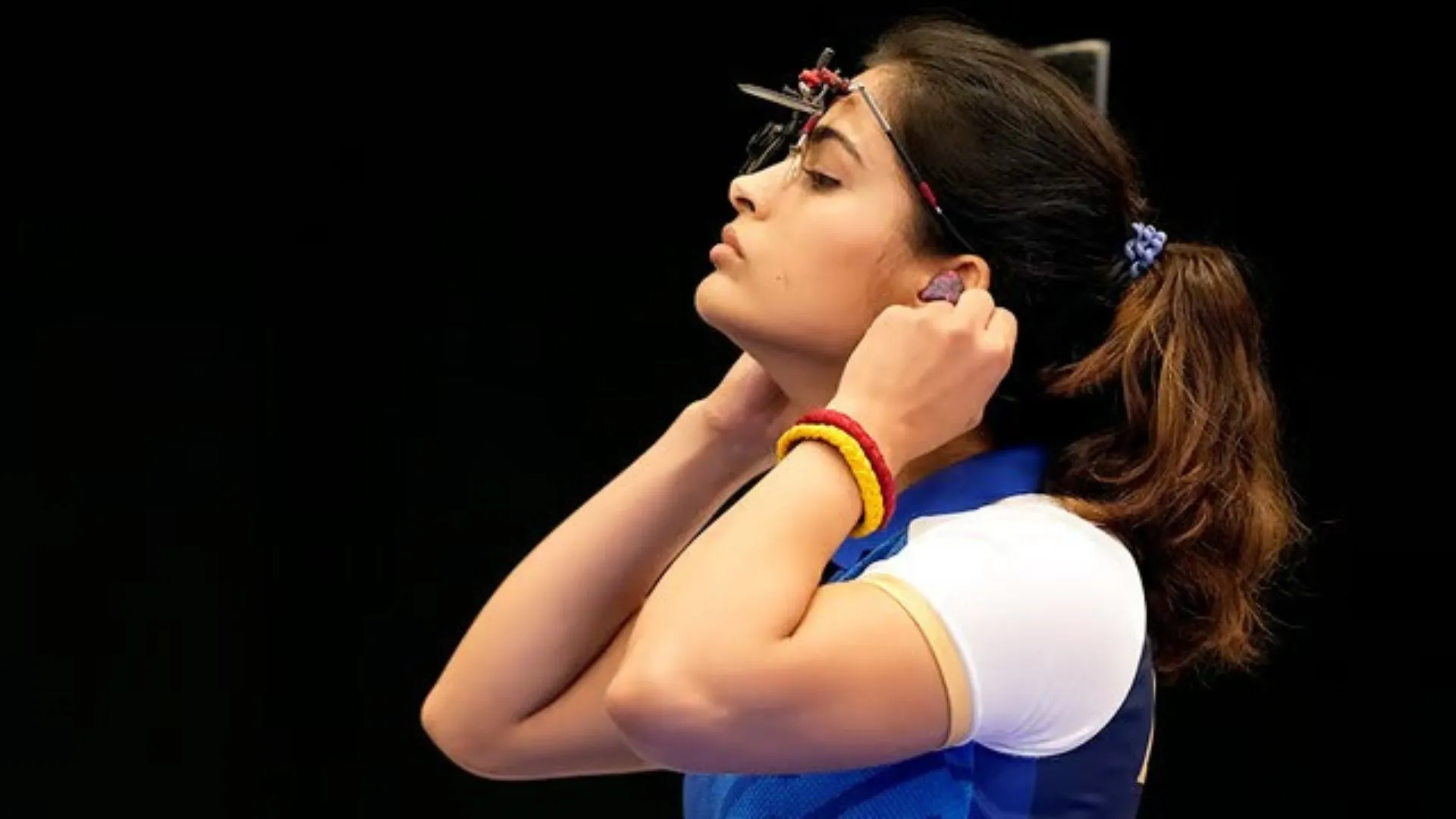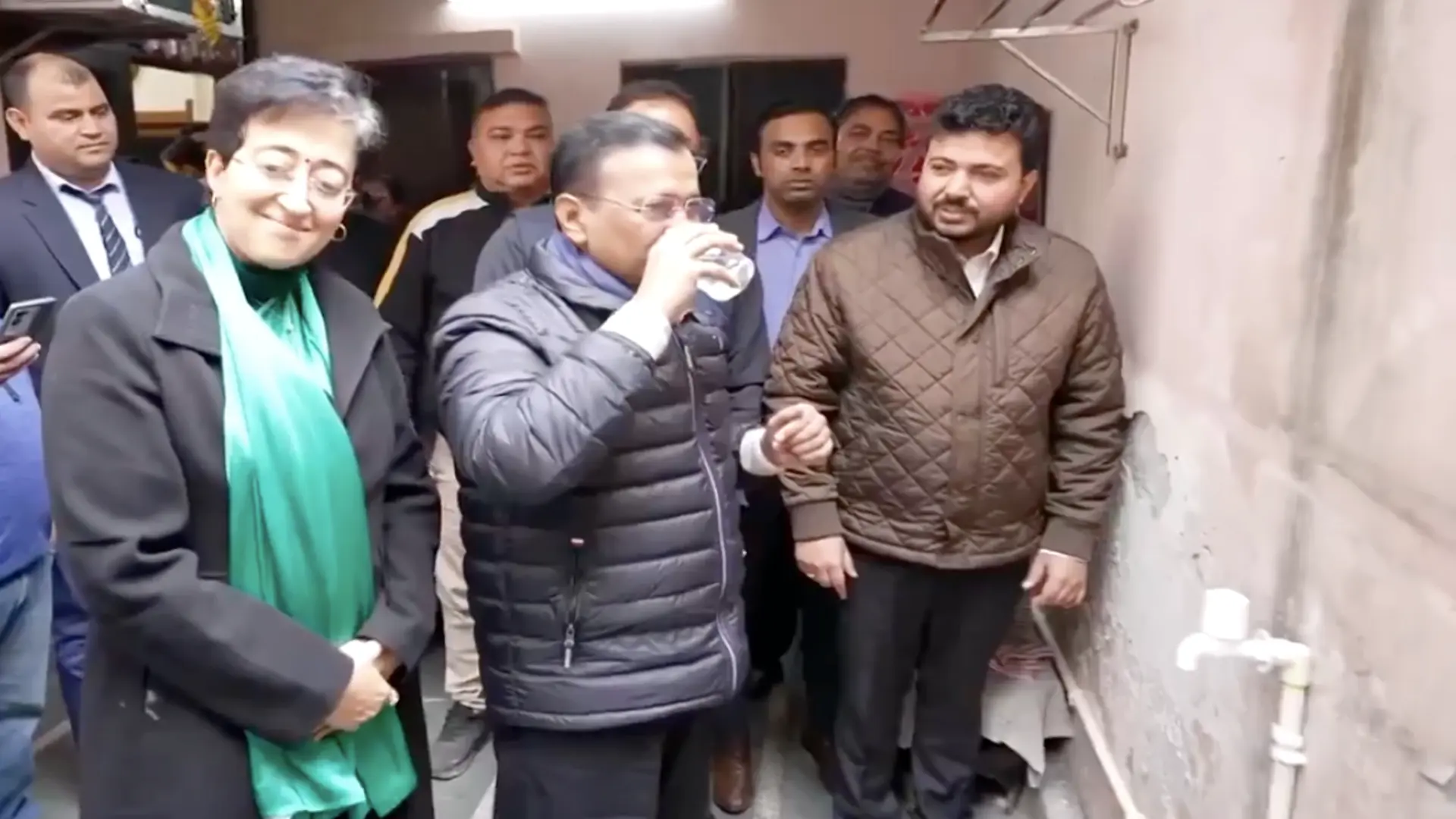Child Marriages have always been a serious concern in India as it alone constitutes1/3rd of the Global Child Marriages. Covid-19 has further widened the gap of inequalities in society as many lost their jobs; the already weakened education system got a severe blow when millions of students were unable to access online classes due to poor connectivity and lack of resources. These reasons coupled with many others have further led to a sudden increase of Child Marriages in the World’s largest democracy during this pandemic.
According to UNICEF, Every year about 1.5 million girls below 18 years get married in India. An RTI filed to the Union Ministry of Women and Child Development reveals that from June 2020 to October 2020 India has witnessed an increase in 33% of Child Marriages in comparison to 2019. August alone had an increase of about 88%. In April 2020, SmritiIrani (Union Minister of Women and Child Development) tweeted that 898 child marriages were stopped during Lockdown. NCRB didn’t show any data regarding the increase of Child Marriages during lockdown but the above-mentioned information is sufficient to conclude how lockdown has contributed to the deterioration of Children’s condition in the name of Child marriage.
Child marriage is a clear violation of numerous Human Rights and also harms a child’s Mental Health. It hinders Child’s development and restraint them from the fundamental right to education (Article 21-A of the Indian Constitution). It is also violative of Right to life (Article 21) as many lose their life while giving birth due to their young age, rest suffers serious health issues. A study by UNICEF had revealed that the rate of domestic violence is higher among girls who were married before the legal age of 18 in comparison to normal marriages. In India, there are some laws specifically tackling issues related to Child Marriages. Child Marriage (Restraint) Act, 1929 (Popularly known as Sarda Act) was the first legislation enacted to tackle child marriages. It fixed the marriageable age of girls i.e. 14 Years and boys i.e. 18 years. The act was later amended which increased the marriageable age of girls and boys to 18 years and 21 years respectively. Due to some inconsistencies with this legislation, new legislation was enacted i.e. Prohibition of Child Marriage Act, 2006. Section 2(a) of the Act defines a child, “a person who, if a male, has not completed twenty-one years of age, and if a female, has not completed eighteen years of age.” Marriage falling within the ambit of this act is voidable at the option of a contracting party being a child. Section 3 of the act empowers a Girl to obtain a decree of nullity within 2 years from the date she obtained the majority. Law Commission in its 205th Report suggested that Child Marriage before 16 years of age should be made void and between 16 and 18 years voidable. The offense committed under this legislation is Cognizable and Non Bailable (Section 15). The punishment provided is rigorous extending up to 2 years and a fine of Rs. 1 lakh or both. The provisions of PCMA, 2006 have been found inconsistent with Various Personal Laws, for example, there is no provision in the Hindu Marriage Act, 1956 which expressly prohibits Child Marriage and the acts punish only those who were parties to child marriage, under Muslim personal law there is no bar to Child Marriage. However, Child Marriage is deemed invalid under the Parsi Marriage and Divorce Act. High Court of Delhi in Lajja v. State clearly said that the Prohibition of Child Marriage Act, 2006 is superior to all personal laws and prevails over them. The other High Courts have the same opinion regarding PCMA and Personal Laws. The issue remains unsolved until an issue comes before Apex Court, as it will be binding to all Courts.
Undoubtedly, this pandemic has affected each of us but has mainly devastated the lives of those who were tied in the responsibility of marriage at the age when they were supposed to have a pen in hand and a carefree look in the face.
Child marriage is a clear violation of numerous human rights and also harms a child’s mental health. It hinders children’s development and restraint them from the fundamental right to education (Article 21-A of the Constitution). It is also violative of Right to life (Article 21) as many lose their life while giving birth due to their young age, rest suffers serious health issues.

